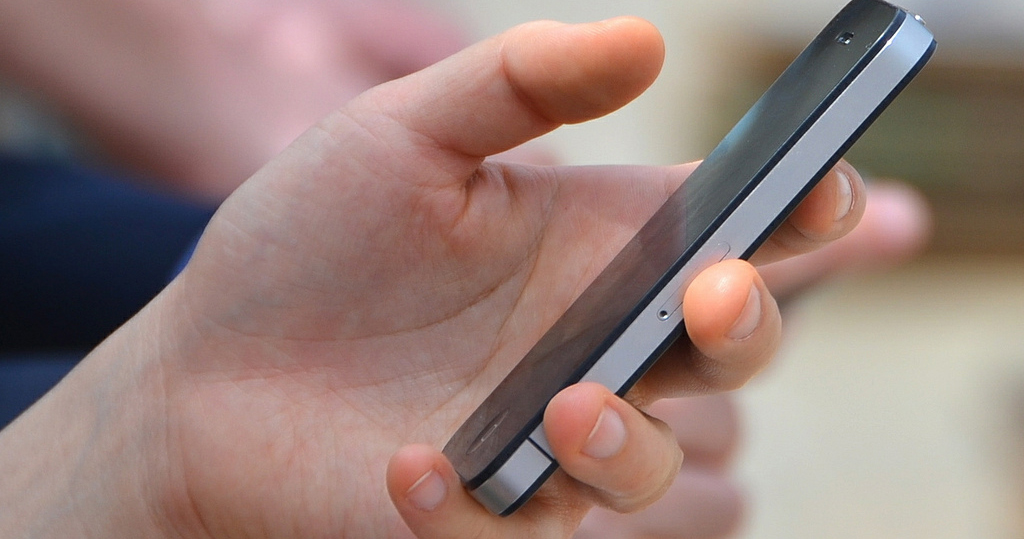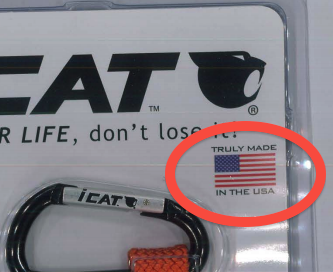It’s that time of year again: tax time. While almost everyone is excited for their well-earned tax return to arrive, there’s a group of people ready to take that money away from you. Thankfully, the National Consumers League wants to make sure consumers don’t fall victim to tax ID thieves. [More]
ftc

Arrest Warrant Issued For “Cash Grant Institute” Scammer Who Failed To Pay $20 Million Penalty
Nearly two years after the FTC hit the scammy robocallers at the “Cash Grant Institute” with a record $30 million penalty for violating federal Do Not Call regulations a few million times, a judge has issued an arrest warrant for one of the scheme’s operators after he failed to repay the lion’s share of what he’d agreed to hand over. [More]
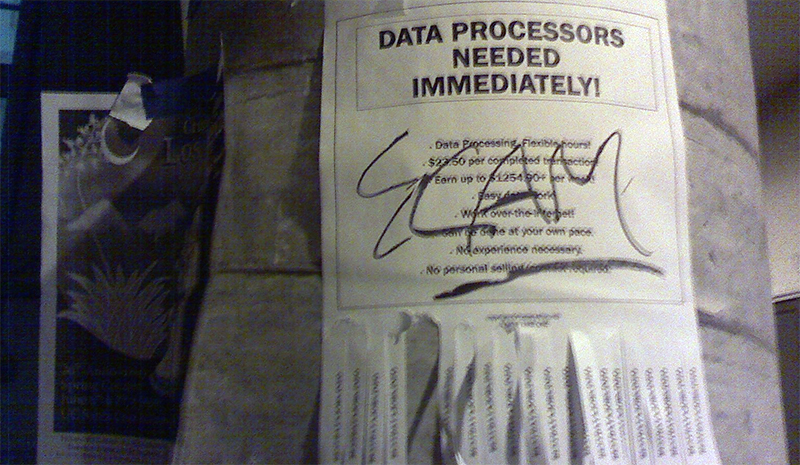
FTC Stops “Work-at-Home” Job Scammers From Working Anywhere With $55m Settlement
Some jobs really do let you work from home part or all of the time. And some jobs really do pay $50 or more per hour. Those jobs don’t come knocking on your door asking you to take them, though, and they don’t advertise openings through overly excited, unsolicited e-mails and texts. But scammers do offer those “opportunities” in spam galore–and of course, they are actually opportunities for miscreants to part consumers from their money. The FTC, however, does not take kindly to scammers using deceptive tactics to pry money out of people, and has just shut several of them down. [More]

Click On The Link In That ‘Funeral Notice’ E-mail At Your Own Risk
Most e-mail scams try to take advantage of consumers’ curiosity, which is why phishing messages promising sex and/or porn still dominate the scam spam landscape. But some online jerks are trying to tap into an equally primal, but less crude, instinct by sending out fake funeral notices in the hope that people won’t be able to keep themselves from clicking away. [More]

FTC Approves Oversight Program For Compliance With Kids’ Online Privacy Rules
The FTC announced today that the agency has approved a new “safe harbor” certification program for websites that handle childrens’ personal data. The kidSAFE program will certify websites and programs that meet the standards of the the Children’s Online Privacy Protection Act. [More]

Nissan Scolded For Ad Showing Truck Doing The Impossible
You may remember the car ad from a couple years back in which a Nissan Frontier comes to the rescue of a stranded dune buggy, muscling up the mountain of sand and pushing the buggy over the top. The Federal Trade Commission believes that this sort of thing — showing off a feature of a vehicle that does not exist — is deceptive, and has slapped both the car company and the ad agency on the wrists over it. [More]

Microsoft Pays YouTube Users A Pittance To Promote Xbox One & Not Say Anything Bad About It
Dear Microsoft: If you’re going to ask YouTube video bloggers to sell out and shill for your Xbox One console, at least open up your wallet and spend some real money. Is all the negative publicity — and potential regulatory hassle — that’s destined to come of it worth a mere $3,750? [More]
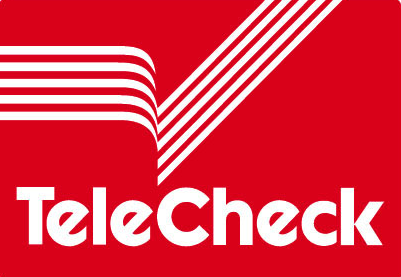
FTC Collects $3.5 Million From TeleCheck For Failing To Investigate Disputes Or Correct Errors
One of the nation’s largest check authorization service companies is going to be cutting a rather large check to settle charges made by the Federal Trade Commission. [More]

Apple To Refund At Least $32.5 Million For In-App Purchases By Kids
Though Apple has already settled a class-action lawsuit over all those in-app purchases unwittingly made by free-fingered kids on their parents’ and other adults’ iPhones and iPads, that deal didn’t mean the folks at the Federal Trade Commission were going to stop looking into the situation. Today, the FTC announced that it has reached a deal with the electronics giant to issue at least another $32.5 million in refunds to consumers. [More]
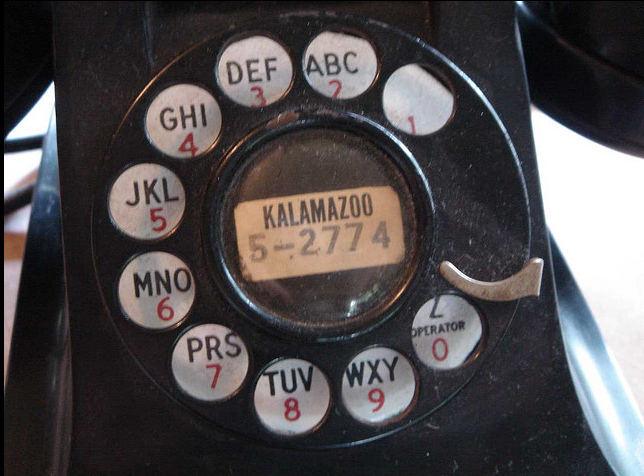
Medical Alert Device Robocalls Scammed $13 Million From Elderly
Unwanted robocalls are bad enough. But there’s a special place (not a good place, either) for companies that use robocalls to scam the elderly out of their savings. One Orlando-based operation, accused of scamming $13 million from senior citizens, now has a confirmed reservation in that special place. [More]

Say It Isn’t So: Nine Dealerships Cop To Deceptive Advertising
You can’t always believe what you see. Especially when it comes to car advertisements. Those ads promising low financing and easy monthly payments are probably too good to be true. [More]
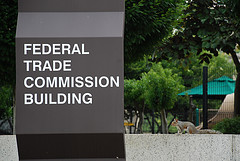
FTC Settles Charges Of Deceptive Advertising Against Four Weight-Loss Marketers For $34M
Put down that shaker of Sensa. Those promises of shedding 30 pounds while eating french fries and sitting on the couch aren’t real. We know — who would have thunk it? Well, the Federal Trade Commission for starters, which announced today that four marketers of fad weight loss products settled FTC charges on deceptive advertising for $34 million. [More]

That Guy On The Phone Offering A Tech Support Refund Is Probably A Scammer
We’ve written before about scam artists taking advantage of consumers’ unease with technology to trick them into handing over sensitive personal info, and now there are scammers hoping to prey upon consumers’ general dissatisfaction with customer service and tech support (and their general love of refunds). [More]
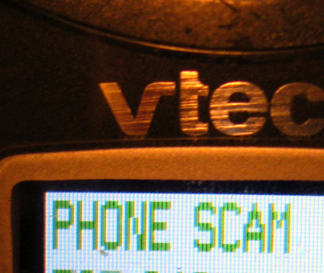
Double-Dipping Resale Scammers Targeted Spanish Speakers With Fake Designer Goods
At the urging of the FTC, a court in California has shut down a telemarketing racket that has a little bit of everything: resale scams, fake designer goods, and illegal legal threats. It’s a scam trifecta! [More]

Data Miners Collect More Of Your Information Every Day; Good Luck Finding Out What They Know
Every time you use the internet, you leave a huge trail of information in your wake–and it’s not just your browser history full of cat videos. Companies called data brokers are constantly collecting a thousand little nuggets of information behind you, adding them up into a profile of you, and selling the profiles for lots of money. Data brokers still move in mysterious ways, leaving unanswered questions: how are they getting their data? Who’s buying it? And, perhaps most importantly: can you, the consumer, do anything about it? [More]
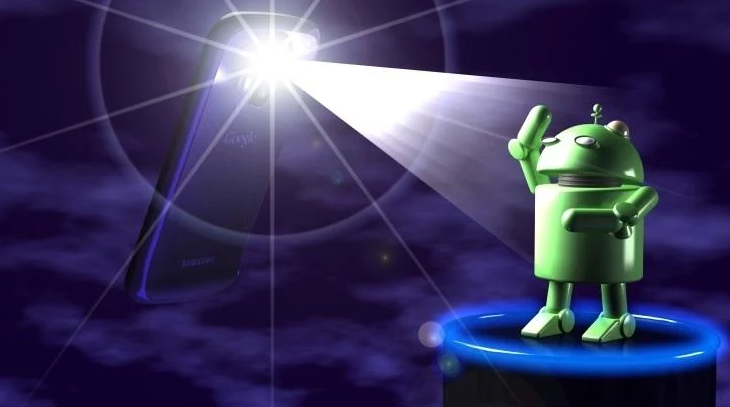
Maker Of Wildly Popular Flashlight App Failed To Tell Users It Was Sharing Their Location Info
Most of us have had the bright idea to use our smartphones as flashlights when searching underneath the couch or in the backseat of a dark car. And many millions of people have downloaded flashlight apps that maximize the light coming out of their devices. Most of those people probably never even considered that a flashlight app would be doing anything other than turning on the phone’s lights, and certainly not transmitting location data to third parties. [More]



